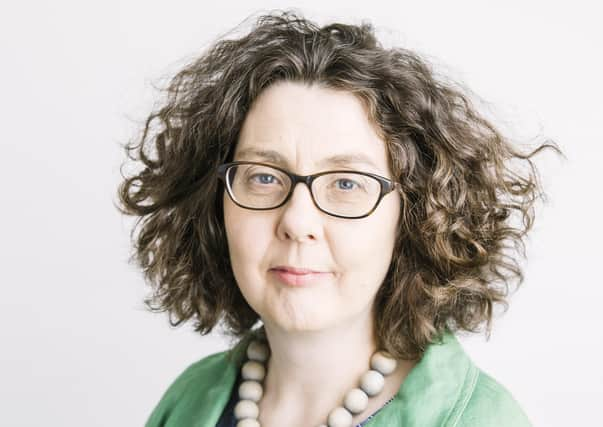Children’s mental health must remain a priority


It’s been more than a month since schools reopened in Scotland. In the lead-up to reopening, there were concerns around being able to effectively predict the challenges that lay ahead, for both pupils and staff. At the forefront was how we can best support mental health and wellbeing, especially for those families most impacted by the economic and social costs of the pandemic.
From speaking to school staff and pupils over the past month, we know that many children and young people are relishing the opportunity to be back with their friends and teachers.
Advertisement
Hide AdAdvertisement
Hide AdBut it’s also clear from our sessions during lockdown that for lots of children, the pandemic has had a significant impact on their mental health. Nine-year-old Louise*, who attends a primary school in Renfrewshire, said: “Talking to Place2Be during lockdown helped me feel less worried and more calm.”
And 16-year-old Matthew*, from a central belt secondary school, added: “It was so good to know you were there for that phone call each week, even through the chaos of lockdown. I had my parents to talk to, but they were going through their own stresses so knowing that there was someone who cared and would listen really helped me during that time.”
Since schools reopened, our mental health professionals have dedicated time to listening, watching and assessing the needs of children. It’s been important to keep calm, taking things one day at a time, accepting that the pace will be slower initially, and being led by the children.
We know how challenging the return to school has been for staff in schools, and Place2Be has been supporting them through our ‘blended’ model of both face-to-face and digital. For example, we have launched an online training programme for school staff, to allow them to gain a deeper understanding of mental health to better support them and the children they work with. Teachers in Scotland and across the UK can access the programme for free via our website, and more than 1,300 teachers and school staff from Scotland signed up in the first few weeks.
During lockdown, we also introduced digital support tools for young people, including an app to help reduce anxiety and access to an online community with wellbeing resources and counselling. These tools will continue to be available to the young people we work with, giving them greater choice and flexibility.
What has been tricky for staff and pupils alike is getting used to a change in routine, space and pace — but this does get easier as everyone begins to adjust. The uncertainty that we have all had to deal with shows no signs of abating. With new rules introduced in some local authorities and coronavirus cases on the rise in some areas, we do not know what the future holds, nor the long-term impact this will have. What is clear though is that schools, with the support of organisations like Place2Be, will need to continue to focus on the mental health and wellbeing of the school community whether in person or remotely.
*Names have been changed to protect children and young people’s privacy.
Jacqueline Cassidy is Director (Scotland and Wales) at children’s mental health charity Place2Be.
Comments
Want to join the conversation? Please or to comment on this article.